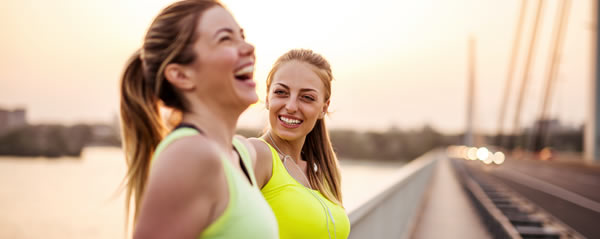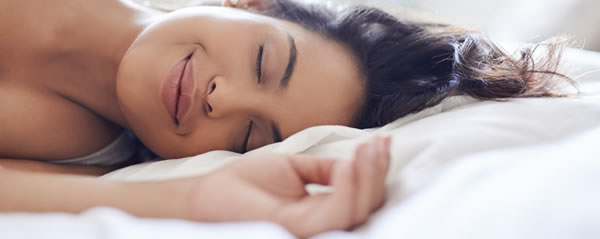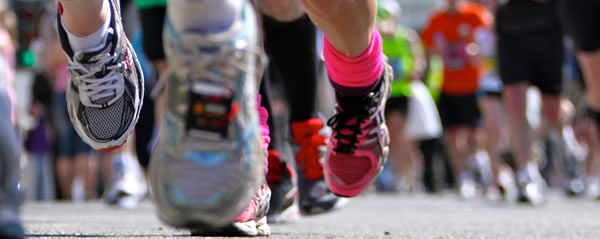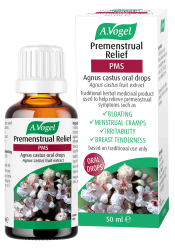Is doing exercise during you period recommended?
Most of you will be aware that exercise is certainly beneficial at any time of the month whether you are already on you period or it’s looming.
Throughout this blog I discuss exactly why exercise can be so beneficial. I hopefully put your mind at ease when it comes to all the other tricky questions that often crop up too: from confusion over which types of exercises to go for, to selecting the right sanitary product. Let’s discuss!
Putting it into simple terms
The truth is there aren’t any hard and fast rules when it comes to exercising during your period. Ok, so doing too little or too much isn’t recommended (I’ll go into some period-specific reasons as to why) but apart from that it’s pretty much what makes you feel comfortable.
A common issue is women aren’t so sure which sanitary products to use. Tampons are so versatile and can be used during any sport, from swimming to gymnastics, so this is a popular choice. Menstrual cups are the same – once sealed they can be used in the gym or the swimming pool and will be quite secure. Sanitary pads are fine for the majority of sports too, just not ideal for hitting the pool and you might be more aware of them during certain sports – they are more likely to move so watch out for that.
Exercise is beneficial for a number of reasons around your time of the month, from mood to its effects on pain perception, it ticks a lot of boxes, and I explain some of the reasons why below!
So, whether you are already a gym bunny but more reluctant to go when your period is due or if you’re new to it all and keen to see if some exercise can help relieve some of your symptoms, I explain why it’s an all-round winner.

How can exercise help you?
Studies have shown that aerobic exercise can help with symptoms of PMS. One particular study showed that over a period of 8 weeks, 3 sessions of 60 minutes of exercise significantly reduced symptoms of PMS in women aged 18-25 years old who were previously sedentary1.
Exercise can help with both physical and psychological monthly symptoms as the above study highlighted. As you get moving, you increase your blood flow which can help to manage stomach cramps (often a lack of blood flow to the affected area is part of the problem). Exercise can also support your mood as feel-good chemicals called endorphins are released. Ever felt a warm fuzzy feeling after exercise? It’s down to those endorphins – they can also have a positive impact on pain perception too – bonus!
Exercise can also help support your sleep patterns and can even help keep bloating and water retention under control. Just remember to drink plenty of water and stay hydrated during your work out.

In terms of the types of exercise you should be doing, there’s no definitive right or wrong answer, it’s all about what works well for you! The study mentioned above focussed on aerobic exercise which had encouraging positive effects for many of the symptoms of PMS, but that’s not to say strength training isn’t good too.
In the few days before your period, your levels of oestrogen and progesterone are heading towards rock bottom. Hormones often work in ratios, so if progesterone and oestrogen are low, this means testosterone (the ‘male’ sex hormone, although we still have it in smaller amounts) is relatively high. When testosterone is high, it could potentially help your performance in the gym. You might find you are able to push yourself that little bit further and recover faster – so, why not put it to the test?
Sex hormones can also have an influence on your metabolism. Low oestrogen and progesterone relative to testosterone theoretically suggests that carbohydrates are more readily available to be used as an energy source – this is a quick source of energy and fast, intense workouts such as high intensity interval training (HIIT) may be favourable around this time. Your energy levels might surprise you!
The evidence behind these theories isn’t clear cut though, so it’s worth experimenting with different types of exercises to see how you feel. Ultimately, what works best for you as an individual is what’s important – less strenuous options such as swimming or mindful stretching are often popular choices too, they are super relaxing and can help ease any tension or symptoms of anxiety.
Regardless of the type of exercise you opt for, you are working towards a healthier you, so well done. Body weight can have an impact on your period too and being overweight or obese could be upsetting your delicate balance of hormones too. Having a good diet and taking part in regular exercise can help to keep your weight within the normal range which in turn will help to support your menstrual cycle – win-win!
What should you watch out for?
Despite exercise being recommended at all times of the month, you also shouldn’t do too much! Believe it or not, over-training can be detrimental and potentially upset your menstrual cycle too.
Doing too much exercise can be problematic for a number of reasons. Firstly, exercising excessively acts as a stressor to the body. The stress hormone cortisol is released during exercise in order to mobilise fuels sources; but too much of it can significantly affect other hormones, including your sex hormones, which could can lead to irregular periods.
This all makes perfect sense if you think about it: in times of stress your body has to prioritise – processes such as menstruation aren’t vital to life and your reproductive functions are only necessary when you are fit, well and in a good position to potentially reproduce. Overtraining (otherwise known as stress) can easily put your menstrual cycle on the back burner. If you suspect you’re doing a little too much in the gym and your periods have stopped, try resting for a week or two and you might find your period reappears. Your strength might too! Pumping too much iron can leave you feeling exhausted – especially when you have fluctuating female hormones to contend with too – so listen to your body and don’t push yourself too far.

Linked with over-training, we also have the problem of low body fat. Although excess body fat can be detrimental to your period, having too little can also have a similar effect. Typically, slender athletes such as gymnasts or ballet dancers are well known for experiencing amenorrhoea as their body fat % is just too low.
So, I hope this has helped! Exercise is definitely beneficial around the time of you period, but don’t get too caught up worrying about what sanitary product to use or if one type of exercise is better than the other. It isn’t likely to make a massive difference and it’s really about what makes you feel happy, comfortable and satisfied: and remember, every little helps and it might just help to reduce some of those monthly symptoms – this is always a bonus and definitely worth a try!
1. Samadi, Z., Taghian, F. & Valiani, M. (2013) The effects of 8 weeks of regular aerobic exercise on the symptoms of premenstrual syndrome in non-athlete girls. Iran J Nurs Midwifery Res. 18(1): 14-19





 Looking for our products in a store near you?
Looking for our products in a store near you?

